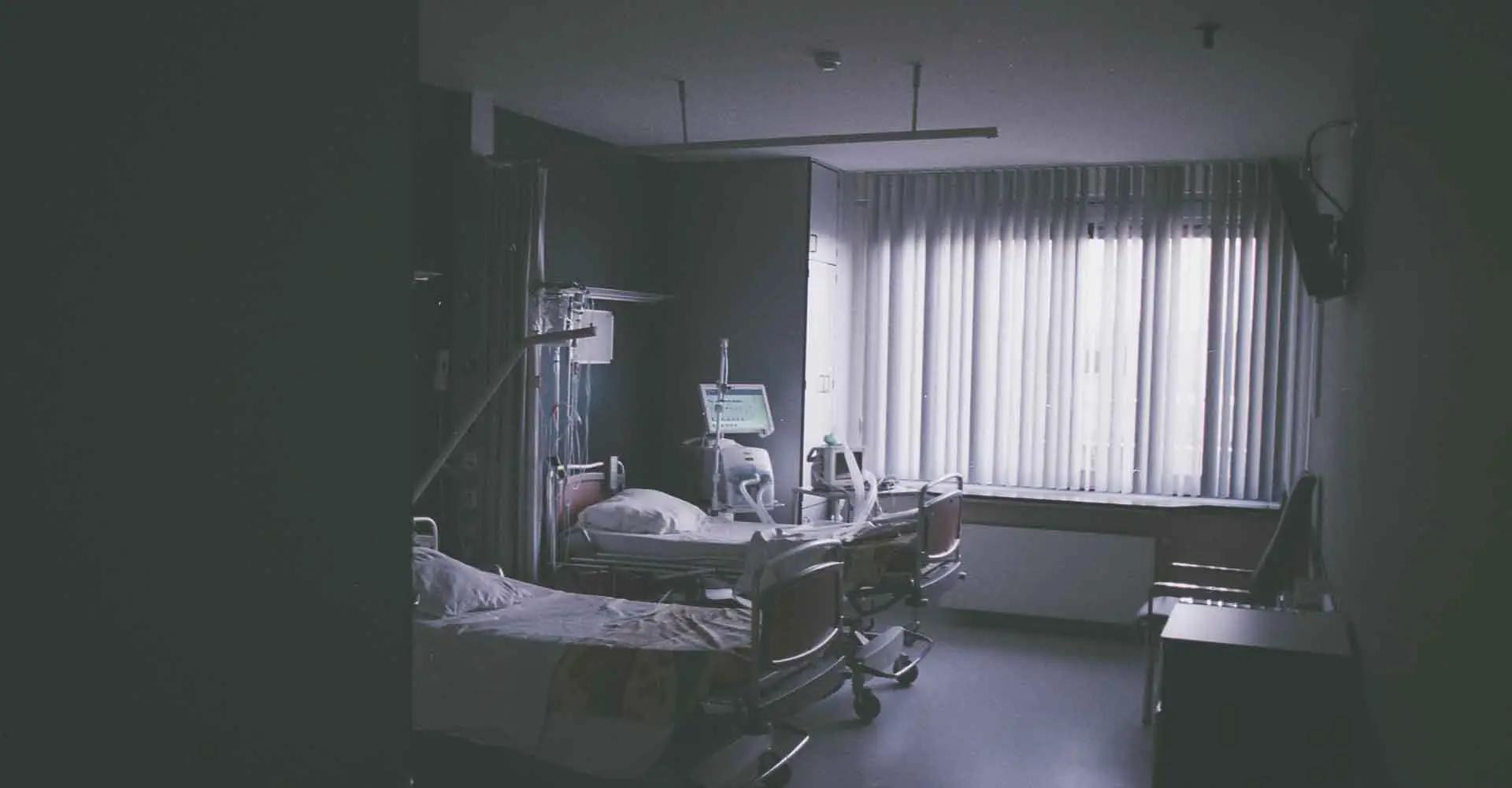
Appendectomy
Contact Treasure Valley Hospital Today
Contact UsAppendectomy
What Is the Appendix?
The appendix is a small organ, about the size and shape of an earthworm, that sits attached to the first part of the large intestine called the cecum. The appendix is a blind tube, meaning it has only one opening at the end that connects to the cecum. Everyone is born with an appendix, although its function is not well understood. As a result, there are no apparent side effects of having one's appendix removed.
What is Appendicitis?
Because the appendix is a blind tube, it can occasionally become obstructed. Usually, this is due to enlarged lymph nodes in the appendix, or a small piece of stool called an appendicolith. When stool becomes blocked in the appendix, the appendix becomes infected. This infection is called appendicitis, and it presents with severe abdominal pain, usually in the right lower quadrant, fever, and nausea. If left untreated, it can cause the appendix's perforation, resulting in severe infection.

What is the Treatment for Appendicitis?
The treatment for uncomplicated appendicitis in the United States is called an appendectomy. It is the surgical removal of the appendix. This can be accomplished using a single incision or using several smaller incisions with laparoscopy. Your surgeon will determine which method is best for you and explain the risks, benefits, and alternatives to any treatment method.
What Happens After You Are Diagnosed with Appendicitis?
If you are diagnosed with appendicitis, you will likely be admitted to the hospital and started on antibiotics. While antibiotics may not cure your appendicitis, it will stop the process until you undergo surgery. Once you are admitted, please let your physician know your past medical history, all medications you are taking, any drug allergies you may have, and when you last ate. You will be in the hospital until your scheduled surgery, which will likely occur within 24 hours of being admitted to the hospital.
What Happens During an Appendectomy?
When you are scheduled for surgery, you will be brought down to the preoperative area. If you do not have an IV, you will get an IV. Most of your blood work should be completed, but you may require additional blood work drawn in the preoperative area. Family can be present, but once you are brought back to the operating room, they must go to the waiting area. In the operative room, you will be placed on a smaller table. You will have a blood pressure cuff attached and stockings placed to prevent blood clots. You will then have anesthesia administered and will be asleep for the entirety of the surgery. Afterward, you will be brought to recovery and then transferred back to your hospital room.

What is the Recovery Like After an Appendectomy?
After surgery, you will go back to your hospital room. If your surgery went smoothly, you would likely be able to eat and get out of bed shortly after surgery. Most patients with non-perforated appendicitis can go home within 24 hours after surgery. You will have some pain and be given a pain regimen. Please follow the doctor's instructions carefully regarding the pain regimen. You will also be given instructions about when you can drive after surgery. Please follow any lifting restrictions from your physician to prevent any hernias or breakdown of an incision. Your physician will also inform you when to follow up in the clinic. It is essential to follow these instructions so that you will have the best possible outcome. Overall, most patients recover after 2-4 weeks of having an uncomplicated appendectomy.
If your appendix has ruptured, you may be required to stay in the hospital longer with antibiotics to prevent any further infection. You may not be allowed to eat initially, as you are at a higher risk of developing ileus or your intestines' inability to digest food properly. Even with antibiotics, there is a chance you may develop an infection after surgery if your appendix has ruptured, so please notify your physician if you develop worsening pain, nausea, vomiting, inability to pass gas or stool, or fever.
Why Choose Treasure Valley Hospital for an Appendectomy?
At Treasure Valley Hospital, you need not worry about the quality of patient care. We have a team of experienced and highly skilled clinical staff who regularly care for patients having appendectomies. At TVH, each patient receives the best care from registration to surgery to postoperative care. Treasure Valley Hospital is your high-quality, low-cost option when surgery is needed.
